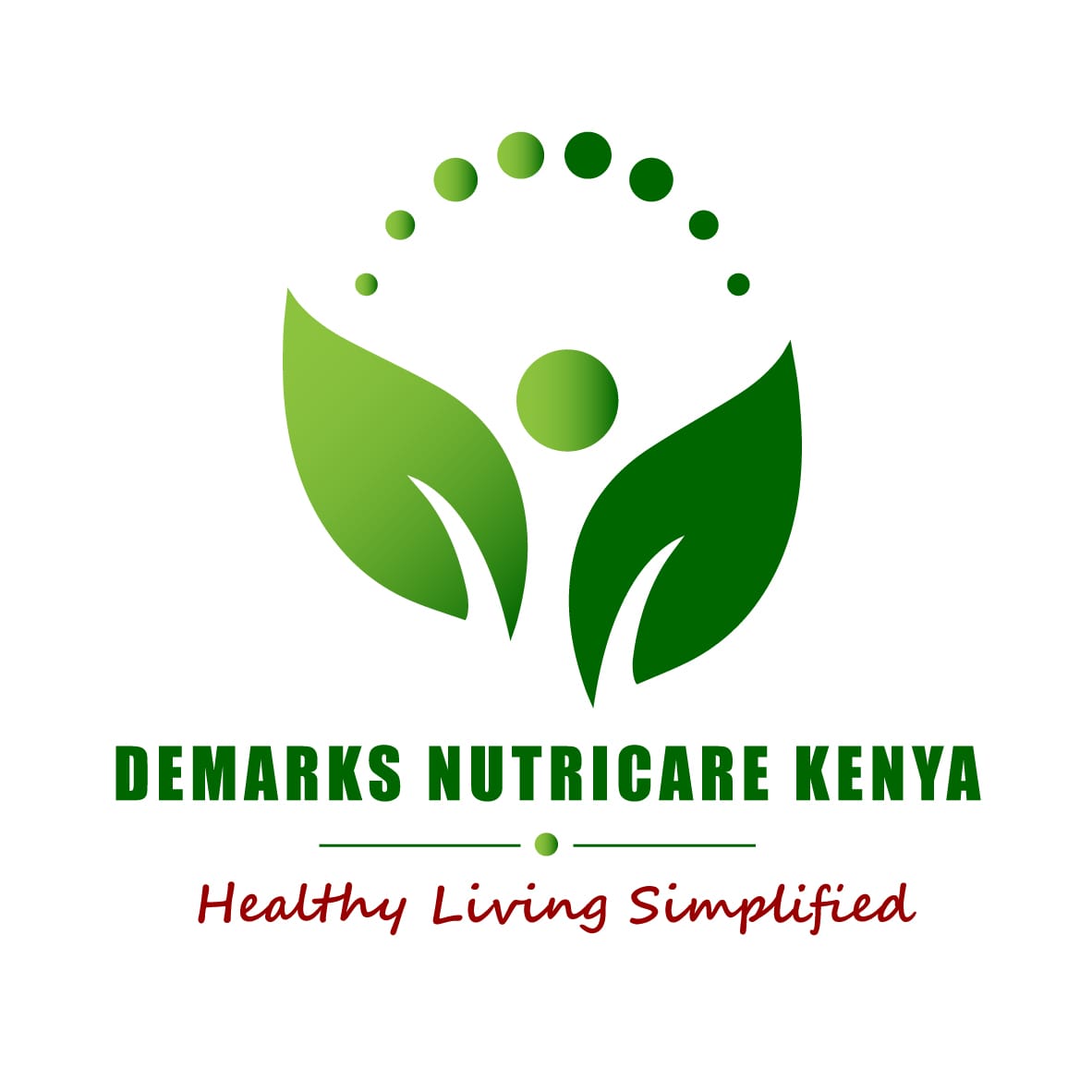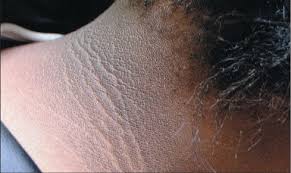Skin Health and Insulin Resistance
Because sometimes, your skin is snitching on your blood sugar.
Our skin isn’t just a barrier between us and the world—it’s often a mirror reflecting what’s going on inside our bodies. One internal imbalance that tends to show up on the skin is insulin resistance.
In simple terms, insulin resistance occurs when your body’s cells stop responding properly to insulin. As a result, your pancreas produces even more insulin to compensate. While this affects your blood sugar, it also has a ripple effect on your hormones, metabolism, and skin.
In fact, your skin might be the first to sound the alarm long before your blood tests do.
Here are the five most common skin signs that can point to insulin resistance:
1. Skin Darkening – Acanthosis Nigricans (aka “Dirty Neck Syndrome”)
This is probably the most well-known and obvious sign.
If you’ve noticed dark, velvety patches on the neck, armpits, elbows, groin, or even knuckles, and they don’t wash off—this is not dirt, it’s acanthosis nigricans.
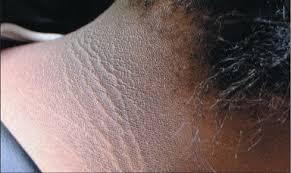
🧬 Why it happens:
Excess insulin activates IGF-1 receptors on skin cells (keratinocytes), leading to rapid skin cell growth and pigmentation. The result? Thicker, darker, velvety skin in body folds.
It’s not contagious or painful—but it is a big red flag for metabolic imbalance.
2. Skin Tags (Acrochordons)
Those little soft, flesh-colored skin growths that pop up around the neck, underarms, eyelids, and chest?
Yep—those could be insulin’s little calling cards.
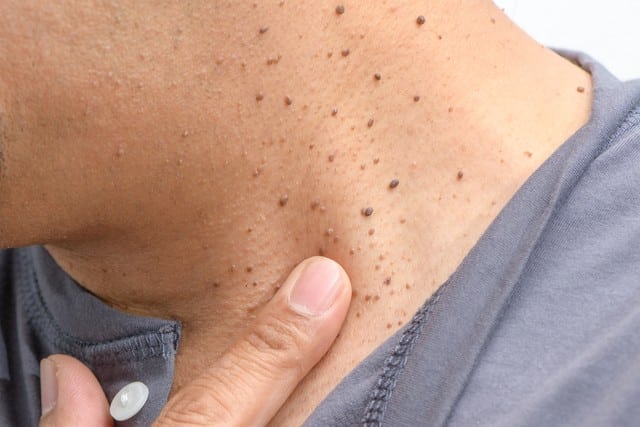
🧬 Why it happens:
Insulin promotes cell proliferation and disrupts normal skin regeneration, leading to the formation of skin tags. They’re especially common in people who are overweight or have metabolic syndrome.
While harmless, a sudden increase in skin tags should prompt a deeper look at your blood sugar and insulin levels.
3. Chronic Acne and Oily Skin
Still breaking out like a teenager in your 30s or 40s?
It could be more than just hormonal—insulin resistance may be fueling excess oil production.
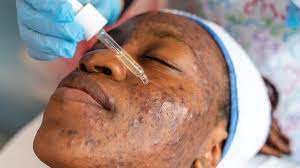
🧬 Why it happens:
Insulin resistance increases androgen (male hormone) levels, which stimulate oil (sebum) glands in the skin. More oil = clogged pores = acne.
In women, this is often seen in conditions like PCOS, where acne is accompanied by irregular periods and unwanted facial hair.
4. Poor Wound Healing and Skin Infections
If your scratches, cuts, or pimples take forever to heal—or tend to leave dark marks behind—your insulin sensitivity may be to blame.
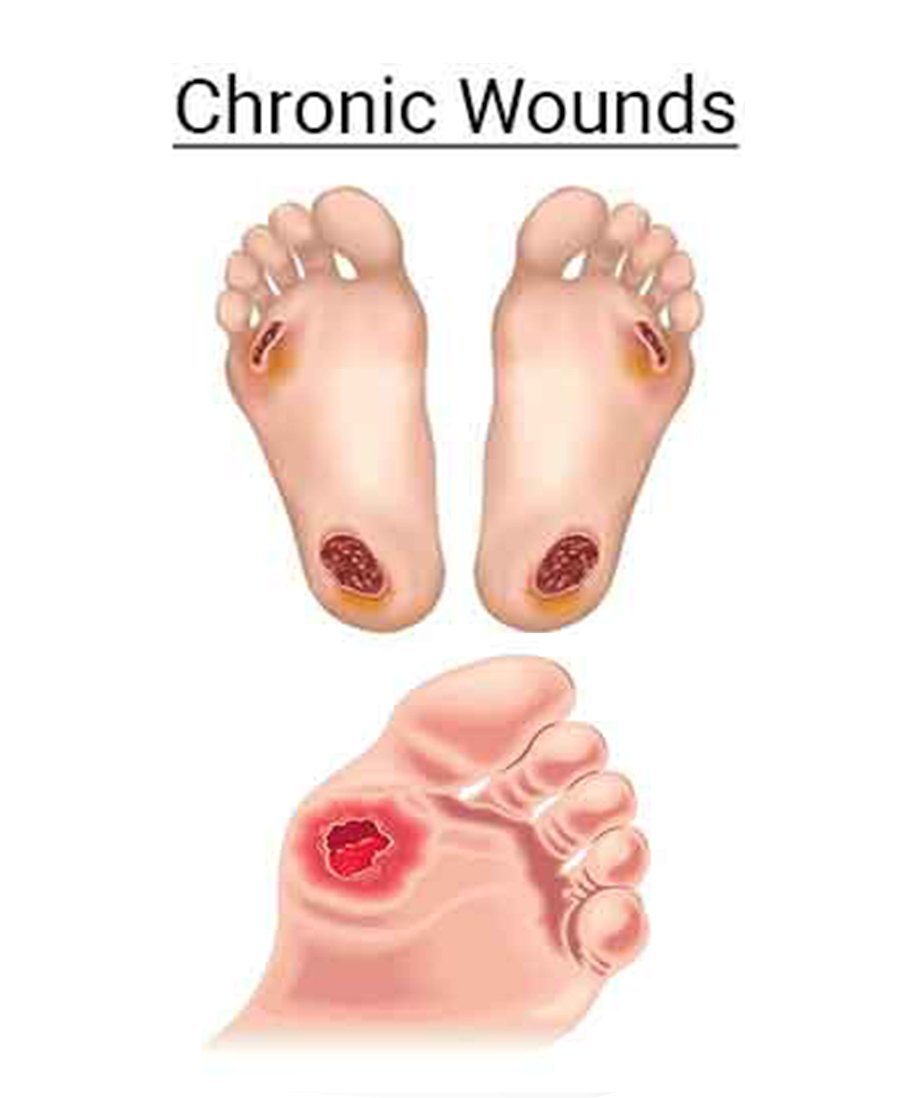
🧬 Why it happens:
High insulin and glucose levels impair circulation, reduce immune function, and slow down collagen formation. This results in delayed wound healing, chronic inflammation, and an increased risk of skin infections—like fungal or bacterial outbreaks, especially in body folds.
5. Hirsutism (Unwanted Facial or Body Hair in Women)
While this one overlaps with hormonal imbalance, insulin resistance plays a major role. If you’re a woman growing thicker or darker hair on the chin, upper lip, chest, or lower abdomen, your body might be waving the insulin resistance flag.
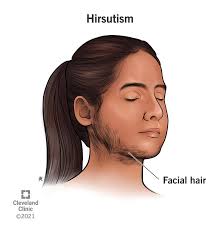
🧬 Why it happens:
Elevated insulin boosts androgen production, leading to hormonal imbalances that cause male-pattern hair growth (hirsutism). Again, this is common in women with PCOS, which is tightly linked to insulin resistance.
🎯 What You Can Do
These skin signs aren’t just cosmetic—they’re clues. If you notice any of them (especially more than one), it’s time to take action.
Here’s where to start:
- Get a metabolic panel or insulin resistance screening
- Cut back on refined carbs and sugary foods
- Add more fiber, healthy fats, and protein
- Prioritize regular movement—walking counts!
- Improve sleep and manage stress (yes, stress affects insulin!)
- Work with a qualified dietitian or doctor to reverse insulin resistance early
✨ Final Thoughts
Your skin is not just there to look pretty—it’s a communicator.
Insulin resistance doesn’t just “show up” overnight with a diabetes diagnosis.
It whispers first—through dark patches, oily skin, skin tags, and slow healing wounds.
Listen early. Act early. Your skin and entire body will thank you.
Written by:
Nduta Muniu, RDN
Registered & Licensed Dietician Nutritionist
Founder – Demarks Nutricare Kenya
Wellness & Diabetes Advocate
